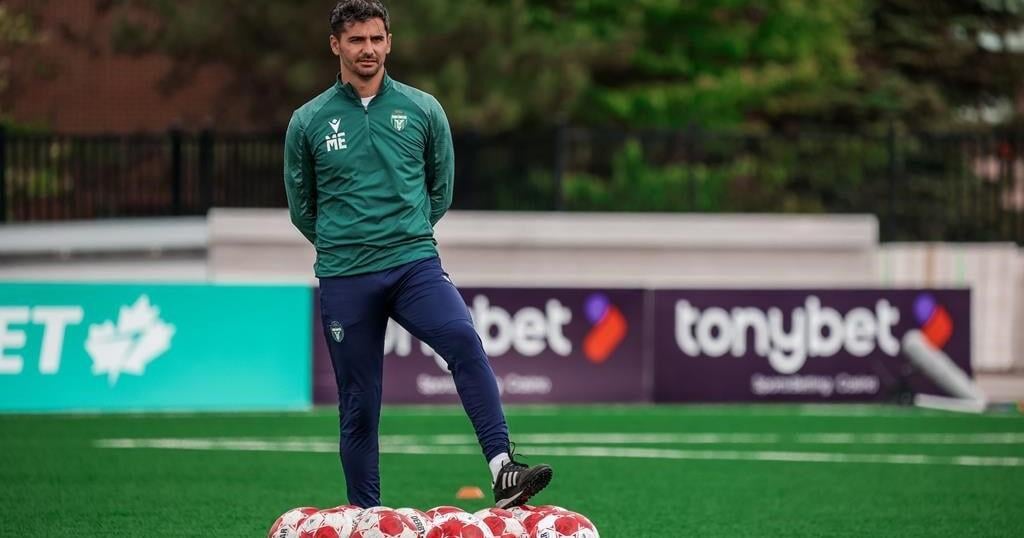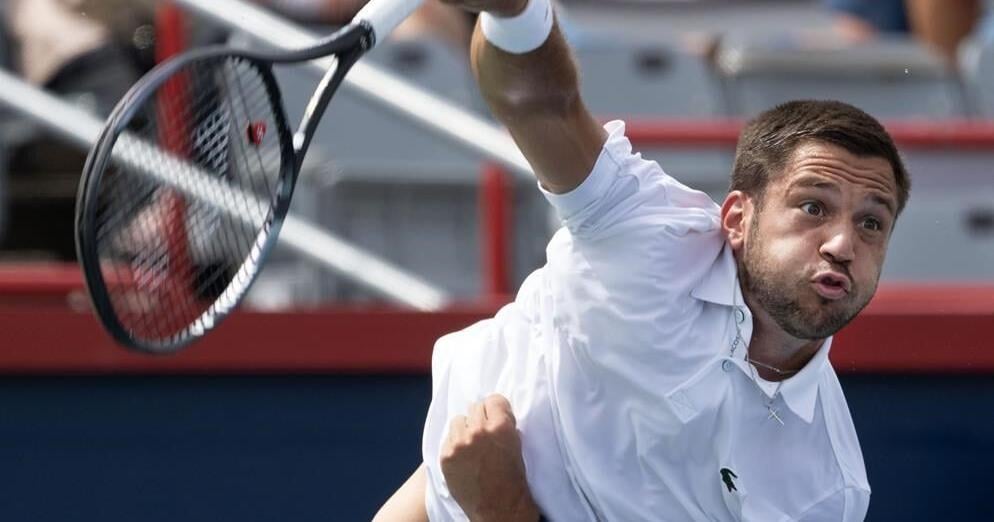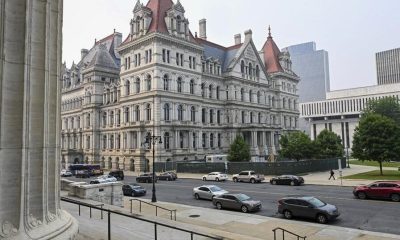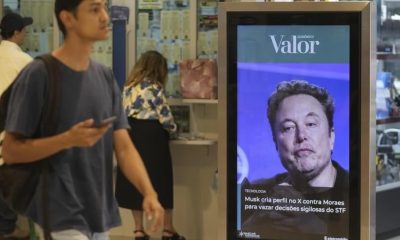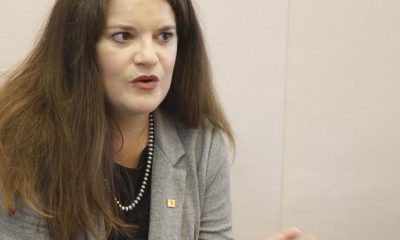A lot has happened to Mauro Eustaquio in recent months, bringing both grief and joy.
The York United FC assistant coach took temporary charge of the CPL club in late May before reverting to his regular role when Mexican Benjamin Mora was handed the reins. And this month he is serving as a guest coach with Jesse Marsch’s Canada during the current international window, reuniting him with younger brother and star midfielder Stephen Eustaquio.
But it is what has happened off the soccer pitch that has rocked the Eustaquio brothers’ world.
Their mother Esmeralda died of brain cancer in April 2023. Father Armando died unexpectedly of a heart attack in May this year, just days before Mauro was named interim York coach.
But the birth of Stephen’s daughter, Benedita, in early April has given the brothers something to celebrate amid the pain of family loss.
“We count our blessings,” said Mauro.
“Me and my brother, we had our days but we had two options — either we bounce back or we continue to kind of be miserable and hating our life,” he added. “We actually sat down about it and said ‘Look, we’ve had two or three days. It hurts. It’s going to continue to hurt. But now we have to make a decision to crack on.’
“So we’ve cracked on. We have great support in our partners. And obviously now with the little one around, there’s a lot to be thankful for, there’s a lot to be happy for. And that’s kind of how we live our life.”
Mauro, 31, is thankful for everything his folks did for them.
“Our parents … they gave us wings. So now it’s up to us to fly.”
“They’re together. They’re in a good place,” he added. “And now it’s up to us to continue their kind of legacy and what they taught us, how to be a good human being and fight for our dreams. We’re thankful for both of us to be doing something that we absolutely love.”
Born in Portugal, Mauro was two when his parents moved to Canada in search of a better life. Stephen was born two years later.
Leamington, Ont., had a sizable Portuguese community with the dads gathering on weekends to watch their teams from back home while the kids played soccer nearby.
“That’s where it all started,” said Mauro.
“It was always in our blood,” he added. “We were a very Portuguese family living in Canada and my dad was very big on maintaining our roots.”
Their mother, whose parents had spent time living in both the U.S. and Canada, made sure the boys also had a Canadian side, learning English and adapting to their new surroundings.
Their father was a fisherman, working on nearby Lake Erie, while their mother worked at a fish factory. In Portugal, the family had called the coastal town of Nazare home.
Family was king in the Eustaquio household, especially in a new country. The brothers were — and still are — very close.
“There was no Mauro going to the park without Stephen,” said Mauro, who attended both the 2022 World Cup in Qatar and Copa America this summer (briefly) to support his brother.
They remain close, talking every day. They often watch games together virtually, despite being an ocean apart.
After some 10 years in Canada, the family returned to Portugal to be back with friends and family. The boys played for their local club with Mauro being called up by a regional team at age 14.
At 16, he was invited to join União de Leiria, a bigger club once coached by Jose Mourinho. His parents said no for two years because of the lengthy commute.
The family eventually relented, as long as the team took both brothers.
Mauro, a defensive midfielder, spent three years there and drew the attention of both the Portugal under-20 team and Canada Soccer (Leiria coach José Dominguez, a former Portugal international, had ties to the Canadian coaching staff).
Nick Dasovic and Phillip Dos Santos subsequently called him up to a Canada under-20 camp in Mexico.
“At the end of the day, the way I looked at it was my first kicks with a soccer ball were in Canada,” Mauro said. “I grew up in Leamington, Ontario, so I felt like I owed something to Canada.”
After a stint with Portugal’s Sporting Pombal, Mauro joined the Ottawa Fury in 2014 under coach Marc Dos Santos, Phillip’s brother. He spent three years there, learning his craft on and off the field.
Mauro went on to play for FC Edmonton in the NASL and Penn FC, a USL team based inHarrisburg, Pa., where he tore his anterior cruciate ligament playing. After rehabbing in Portugal, he had a short stint in Ireland in Derry City only to be sidelined by a calf injury.
Derry City lost interest but Calgary’s Cavalry FC invited him to be part of the CPL’s inaugural 2019 season. Two weeks before the playoffs, he tore the ACL in his other knee on the last play of a training session.
He returned to Portugal for his rehab, electing to join third-division Caldas SC.
He started taking his coaching badges and, transitioning to coaching, came back to Canada to oversee the boys program for the Calgary Foothills.
Martin Nash, whom he worked with in Ottawa and Calgary, brought him to York in early 2022 as an assistant coach. Ironically it was Nash’s firing that led to Mauro’s promotion to interim head coach.
The two remain close.
Mauro and his fiancée Lana are scheduled to get married next spring. It was to have been later this year but the date was pushed back after the death of his father.
—
Follow @NeilMDavidson on X platform, formerly known as Twitter
This report by The Canadian Press was first published Sept. 4, 2024





